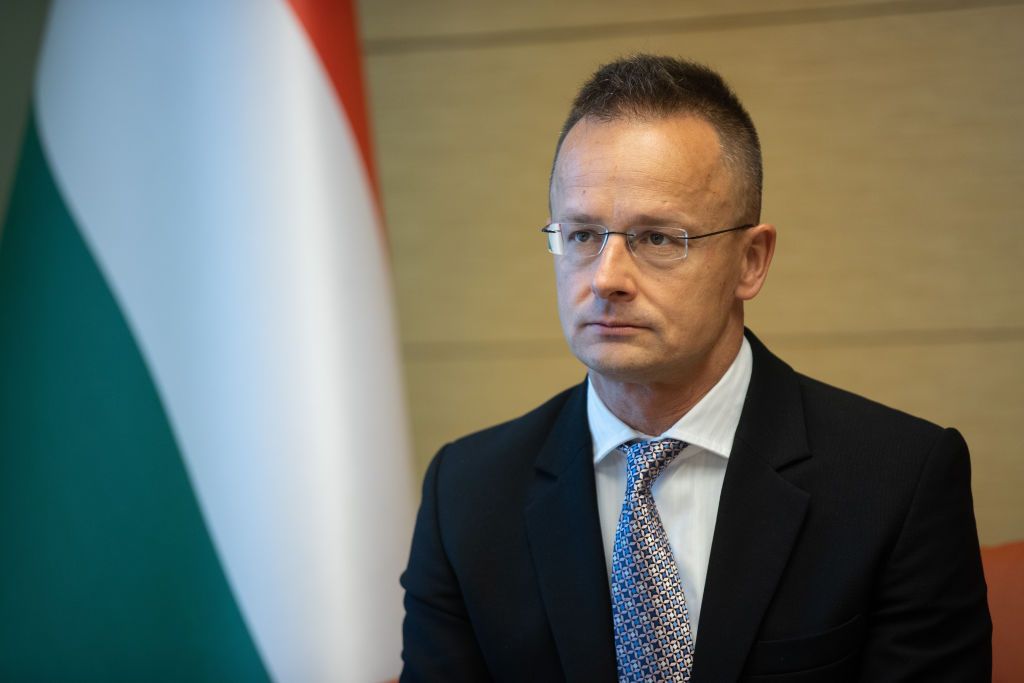Ukraine did not yet receive access to the remaining eight prisoners of war (POW) transferred to Hungary, Ombudsman Dmytro Lubinets said on live television on June 22.
"We are trying to establish contact with eight prisoners of war. We know where they are. We do not understand why Ukrainian diplomats have not been allowed to visit them," Lubinets said on television.
"In fact, they are in isolation. They have a limited circle of communication. The phones they were given to communicate with relatives were taken from them. We know that relatives have come to some of them. We don't know how the communication took place."
The ombudsman also reported that the International Committee of the Red Cross, which should be mediating such a transfer based on international law, was not notified about the transfer.
On June 21, Lubinets commented that Hungary's acts regarding the POWs constitute a breach of international humanitarian law and the Geneva Convention.
On June 8, the Russian Orthodox Church announced that it had handed over to Hungary a group of 11 Ukrainian captives of "Zakarpattia origin" at Budapest's request. Hungarian Deputy Prime Minister Zsolt Semjén later confirmed the transfer.
Ukraine's westernmost Zakarpattia Oblast is home to around 150,000 ethnic Hungarians, including 400 serving in the Ukrainian army.
On June 19, Ukraine's Foreign Ministry demanded immediate consular access to the POWs. According to the ministry, they were kept in isolation without access to open sources of information and were unable to communicate with relatives without "third parties" presence. However, Hungary's Foreign Minister Péter Szijjártó said the Ukrainian POWs "can move freely in Hungary and do whatever they want."
On June 20, Ukraine's Foreign Ministry informed that three out of 11 POWs have been returned home, and the government continues to work to retrieve the rest of the group.











